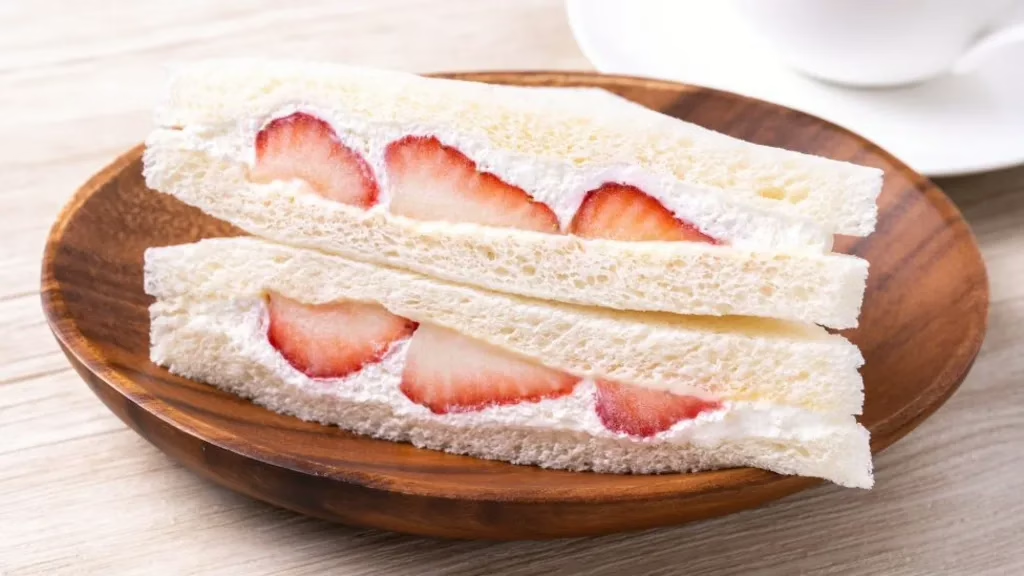Marks & Spencer (M&S) has launched a limited-edition “Red Diamond Strawberry & Creme Sandwich,” inspired by Japan’s furutsu sando. This sweet sandwich, made with soft bread, fresh strawberries, and cream cheese, has caused a stir on social media and drawn scrutiny from tax experts. The issue? It might be subject to VAT due to its sweet ingredients and hand-held nature.
Under UK VAT rules, most cold sandwiches are zero-rated, meaning they’re exempt from the standard 20% VAT. However, tax specialists suggest this sandwich could fall under a 1980s amendment classifying “sweetened prepared foods eaten with the fingers” as confectionery, which is taxable at 20%. Simon Knivett from HW Fisher noted that the sweet bread and dessert-like qualities might align it with taxable items like cakes or biscuits. HMRC has not confirmed an investigation, but the product’s classification as a sandwich or confectionery remains contentious.
M&S insists it’s a sandwich, qualifying for zero-rated status. However, if HMRC rules otherwise, the £2.80 price tag (part of M&S’s meal deal) could face additional tax, potentially impacting pricing or profit margins. This echoes the famous 1991 Jaffa Cakes case, where McVitie’s successfully argued their product was a cake (zero-rated) rather than a biscuit (taxable). The dispute could lead to a legal showdown if unresolved.
Social media, particularly on X, shows mixed reactions, with some users frustrated at HMRC’s potential pursuit of tax on what they see as a trivial item, calling it a waste of taxpayer resources.
Why Are Sweets Taxed in the UK?
In the UK, VAT (Value Added Tax) is applied at a standard rate of 20% to many goods and services, including confectionery like sweets, chocolates, and certain biscuits. The rationale stems from HMRC’s classification of these items as non-essential or luxury goods, contrasting with “necessity” foods like bread, milk, and unprepared vegetables, which are zero-rated to keep basic food costs lower.
The distinction often hinges on specific criteria. For example, cakes are zero-rated as they’re seen as staple foods, while biscuits (especially chocolate-covered ones) are taxable as treats. The 1980s VAT amendment further clarified that “sweetened prepared foods” designed for hand-held consumption, like desserts or confectionery, attract VAT. This is partly to generate revenue and partly to reflect policy encouraging healthier eating by taxing indulgent items.
However, the rules can lead to odd disputes, like the Jaffa Cakes case or debates over whether Pringles are crisps (taxable) or not. For M&S’s sandwich, its sweet bread and dessert-like filling blur the line between a meal and a treat, prompting questions about its tax status. Such classifications aim to balance fiscal policy with fairness but often spark public and legal debates over what counts as “essential.”
Discover more from “Bridging Hongkongers. Reporting Truth.”
Subscribe to get the latest posts sent to your email.




